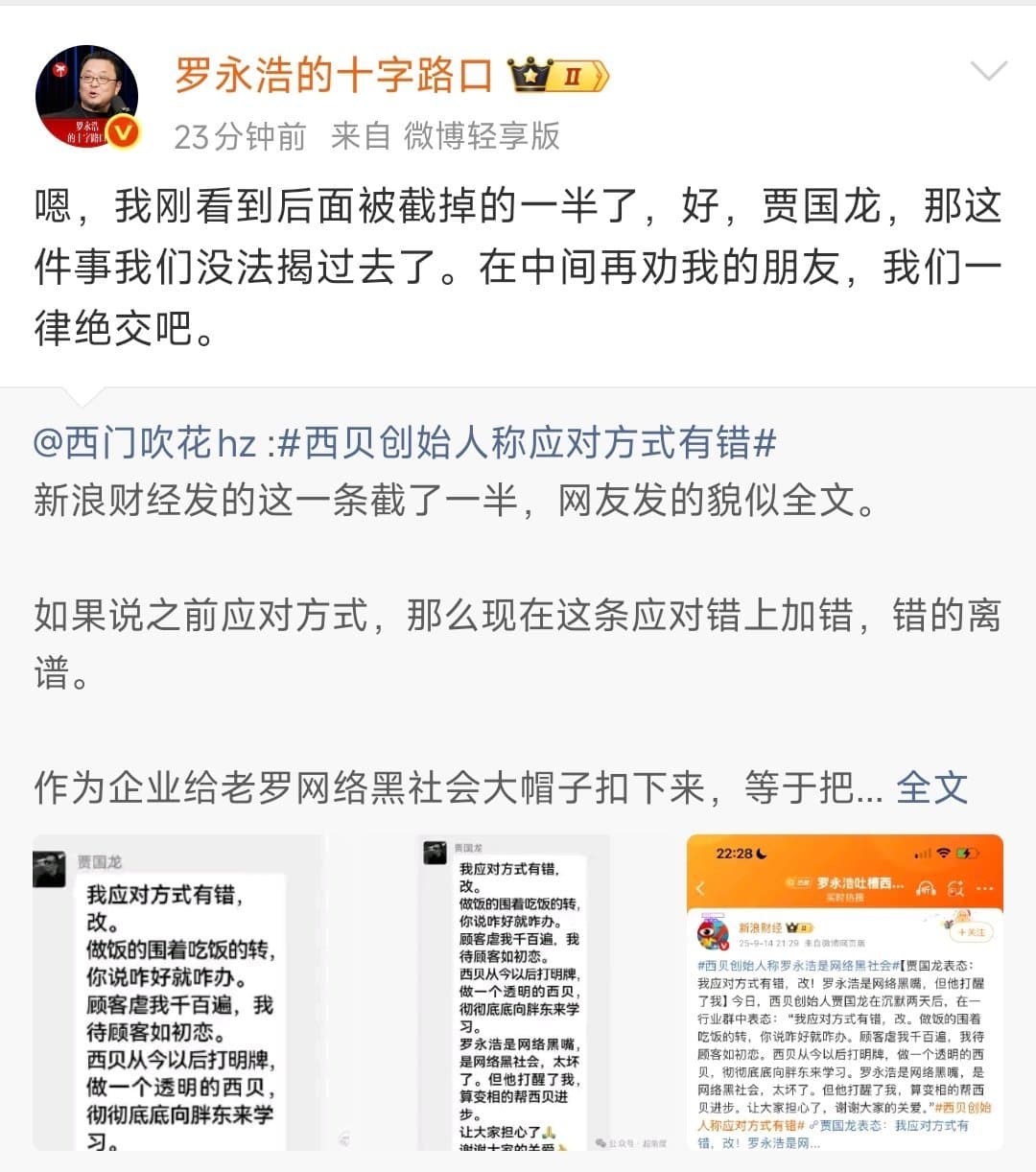Black Girl's First Experience in China
In a stark incident revealing racial bias in the digital sphere, a black woman's experience of living in China has sparked controversy on China's social media platform, Weibo. As part of the incident, several users posted discriminatory remarks targeted at the woman, illuminating an undercurrent of racial prejudice in a section of the online Chinese community.

26 June 2023
The discourse started when a black woman posted about her initial experiences in Shenzhen and Guangzhou, major cities in southern China. In the Weibo post, she seemed to share light-hearted impressions about her day-to-day life, including navigating the city's extensive metro stations.
However, the post soon attracted a wave of unwarranted racial slurs and prejudiced suggestions from some netizens. One of the comments said, "Are you a student? After you finish your studies, please go back and contribute to your own country. Thank you!" Another user expressed explicit racial bias saying, "I'm sorry, I don't like black people, whether male or female." Yet another pleaded, "I request black people not to come to China, regardless of gender. Thank you."
These racially charged comments spurred a wave of controversy on Weibo, with many other users voicing their concerns and disgust at the discriminatory remarks. Some users questioned the platform's content moderation policies, asking, "Aren't you going to control this kind of content? It's all racial discrimination."
Despite the flurry of negative comments, there was also a section of users who showed empathy and solidarity with the woman, condemning the racist remarks. One person commented, "What's wrong with you guys? A woman is merely praising our country and she's been verbally attacked by a bunch of trolls. So many Chinese people immigrate overseas and that's okay, but a foreigner settling in our country should be cursed?"
This incident has stirred an online debate about race and discrimination in China. Though the country has made significant progress in its global outlook, it appears that racial biases persist among some sections of society, and these prejudices are spilling over onto social media platforms. The episode is a call to address racial prejudice head-on, urging the Chinese community both online and offline, to foster a more inclusive and accepting environment for all races and ethnicities.
Meanwhile, the social media platform Weibo is under scrutiny for its handling of such incidents, with users requesting more stringent control over offensive content. This incident has also brought to the forefront the need for better community guidelines and stricter enforcement of rules against hate speech and discrimination.
The incident, though unfortunate, has ignited a much-needed dialogue on race, discrimination, and inclusivity on Chinese social media. As the discussion continues, many hope it will lead to more awareness, education, and ultimately, action against racial prejudice.
Share this article
Related Articles
Falcons Edge XG 3‑2 in TI14 Finals, Leaving Chinese Star Ame a Three‑Time Runner‑Up
By Trending on Weibo
Sports
15 Sept 2025

Xi Jinping Elevates Cybersecurity to Core National‑Security Pillar, Driving China’s Quest for a Cyber Superpower
By Trending on Weibo
News & Politics
15 Sept 2025

Ruby Lin Says She and Wallace Huo Are Still “Adjusting” After Seven Years, Igniting Viral Debate on Celebrity Marriages
By Trending on Weibo
Entertainment
15 Sept 2025

Luo Yonghao vs. Xibei: Celebrity Entrepreneur Sparks Media Storm Over Pre‑Made Dishes and Calls for Transparency
By Trending on Weibo
News & Politics
15 Sept 2025

Alipay Users Rush to Revoke Permissions Over Hidden Authorizations, Sparking Nationwide Privacy Debate
By Trending on Weibo
Tech
15 Sept 2025